Introduction
ISO Certifications for Mental Health & Substance Abuse Clinics in the US: In the ever-evolving landscape of healthcare, the focus on quality management and patient satisfaction has never been more vital. For mental health and substance abuse clinics in the United States, obtaining an ISO Certification offers an invaluable pathway to achieving operational excellence, while enhancing patient care and safety. In this blog post, we will explore the various ISO standards applicable to mental health and substance abuse clinics, delve into the requirements for certification, and discuss the multifaceted benefits that come along with it. Pacific Certifications, accredited by ABIS, is your trusted partner in navigating the complex process of ISO Certification.
Applicable ISO Standards
Several ISO standards can be particularly beneficial for mental health and substance abuse clinics. These include:
ISO 9001: Quality Management Systems
This universal standard is designed to help organizations achieve excellence in service delivery and operational efficiency. It is highly applicable to healthcare settings, ensuring consistent quality of care.
ISO 14001: Environmental Management Systems
Considering the amount of medical waste generated, this standard helps clinics in sustainable waste management and reducing their environmental footprint.
ISO 45001: Occupational Health and Safety
The nature of mental health and substance abuse clinics often involves high-stress scenarios, making employee wellbeing paramount. ISO 45001 focuses on creating a safe work environment for healthcare professionals.
ISO 27001: Information Security Management
Data breaches in healthcare can have devastating effects. ISO 27001 helps clinics in protecting sensitive patient data and medical records.
Requirements for Certification
Achieving ISO Certification involves a series of well-defined steps:
Gap Analysis
A thorough review of existing systems and processes is conducted to identify gaps that need to be filled to meet ISO standards.
Documentation
Essential processes and policies are documented in detail, forming the backbone of your Quality Management System (QMS).
Implementation
The documented systems are then implemented across the organization. Staff training is crucial at this stage.
Internal Audit
Before the certification audit, an internal audit is performed to ensure that the implemented systems are effective and compliant with ISO standards.
Certification Audit
A two-stage audit is conducted by a certified body like Pacific Certifications. Successful completion results in the issuance of the ISO certificate.
Benefits of ISO Certification
Enhanced Quality of Care
The rigorous processes involved in ISO Certification lead to a standardized, high-quality care delivery system that positively impacts patient outcomes.
Operational Efficiency
The standards guide clinics in streamlining their processes, eliminating bottlenecks, and reducing operational costs.
Regulatory Compliance
An ISO Certificate serves as evidence that the clinic is compliant with various regulations, making it easier to secure licenses and permits.
Competitive Advantage
In a saturated market, ISO-certified clinics stand out as trusted entities, thereby attracting more patients and partnerships.
Employee Satisfaction
When healthcare professionals work in a well-managed, safe environment, their job satisfaction increases, indirectly improving patient care.
Conclusion
In a sector as critical and sensitive as healthcare, striving for excellence is not just an aspiration but a necessity. For mental health and substance abuse clinics in the United States, obtaining ISO Certification is a strategic move towards enhanced quality, safety, and efficiency. Pacific Certifications, accredited by ABIS, offers comprehensive assistance in achieving this certification, ensuring that your clinic not only meets but exceeds standard requirements.
For more information or to initiate the certification process, feel free to contact our team at support@pacificcert.com. Let us partner with you in elevating healthcare standards, one certification at a time.


